Music has been an integral part of human culture for thousands of years. From ancient civilizations to modern day, it has undergone a significant evolution, shaped by cultural, societal, and technological changes. In this blog post, we will explore the evolution of music throughout history and how it has been shaped by different time periods and influences.
Ancient Times
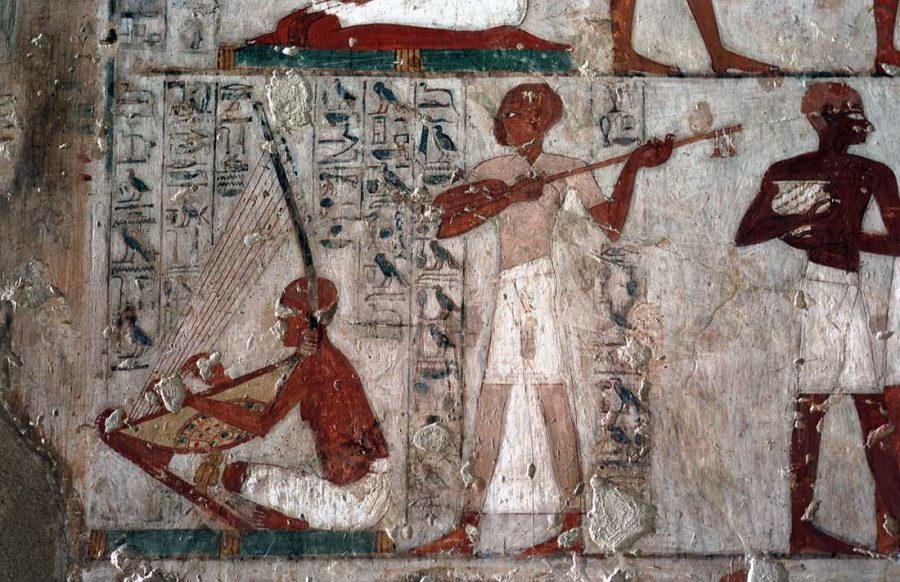
Evolution of music started in ancient times. In ancient times, music was primarily used for religious and ceremonial purposes. The ancient Egyptians, Greeks, and Romans all had their own forms, many of which were used in religious rituals and ceremonies. These ancient societies also had professional musicians who were highly respected and trained in specific traditions.
Middle Ages
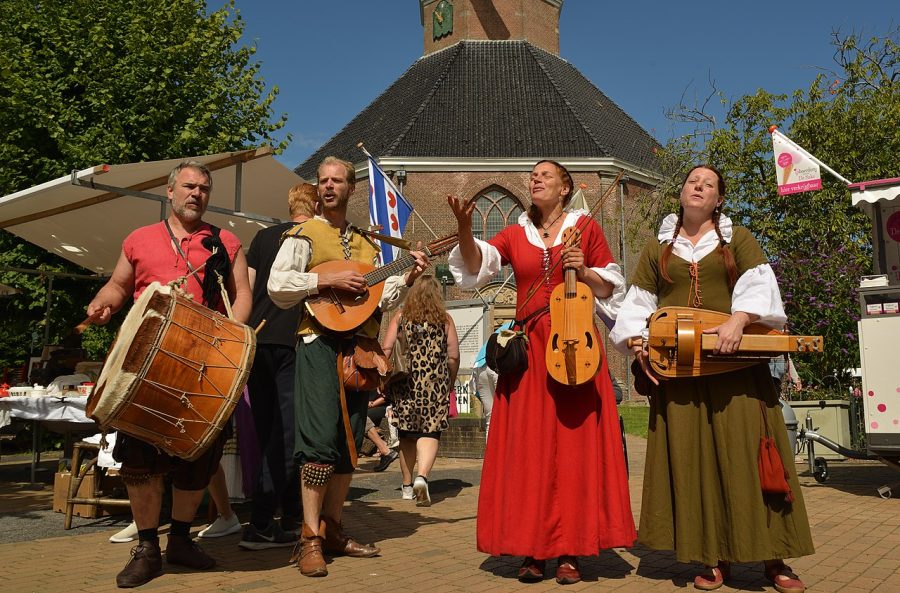
(Credit: Arnold Bartels)
The next stop in evolution of music was the Middle Ages. During the Middle Ages, music was primarily used in religious settings and was heavily influenced by the church. This period also saw the emergence of troubadours, who were poets and musicians who traveled from town to town, performing songs and stories.
Renaissance
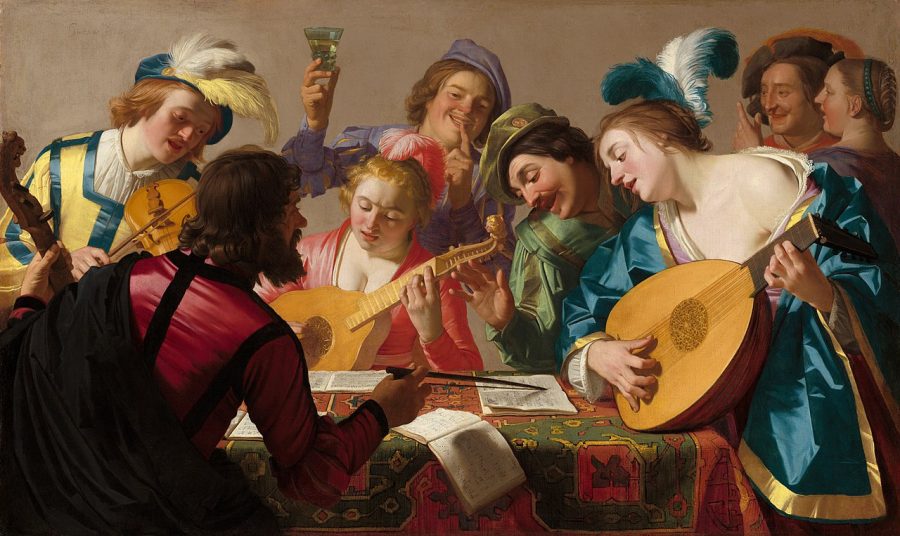
The Renaissance had a huge impact during the evolution of music. The Renaissance was a time of great change and innovation in music. This period saw the rise of polyphony, which is the use of multiple independent melodies played at the same time. Composers such as Giovanni Pierluigi da Palestrina and William Byrd wrote complex, multi-voiced pieces that are still performed today.
Baroque Period
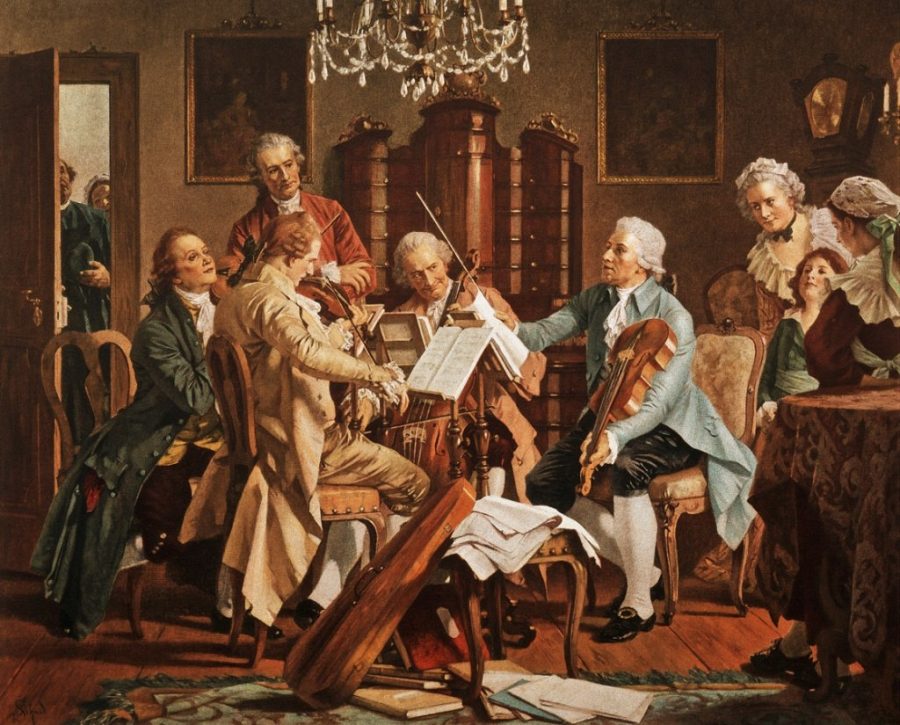
The step in the evolution of music that improved it drastically was the Baroque Period. During the Baroque period, music became more ornate and elaborate. Composers such as Johann Sebastian Bach and George Frideric Handel wrote pieces that was heavily influenced by the courts of the time. This period also saw the rise of opera, which combined music, drama, and visual elements to create a new form of entertainment.
Classical Period
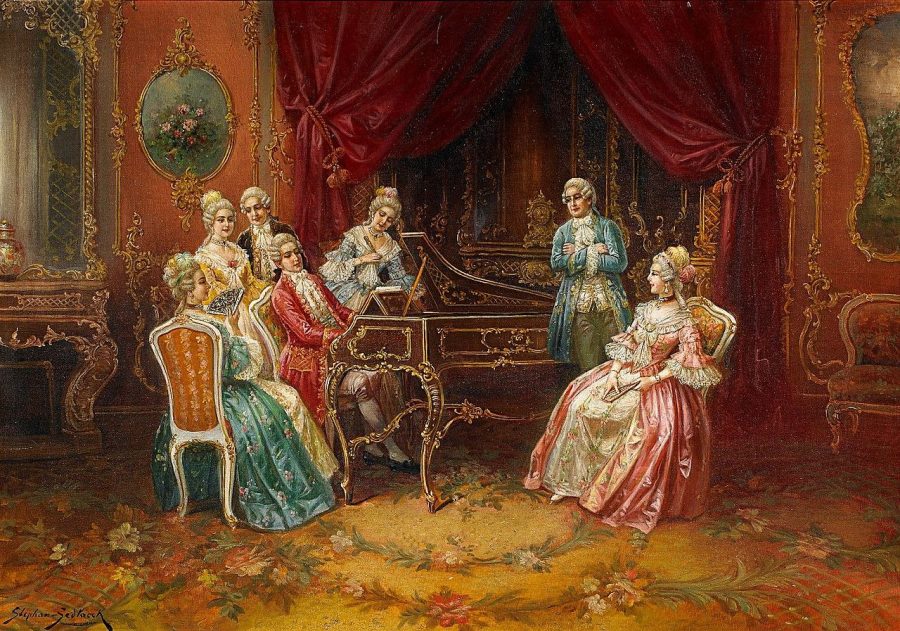
The Classical period saw the emergence of the symphony and sonata forms, which are still used in music today. Composers such as Wolfgang Amadeus Mozart and Ludwig van Beethoven wrote pieces that were more structured and formal than the Baroque period.
Romantic Period
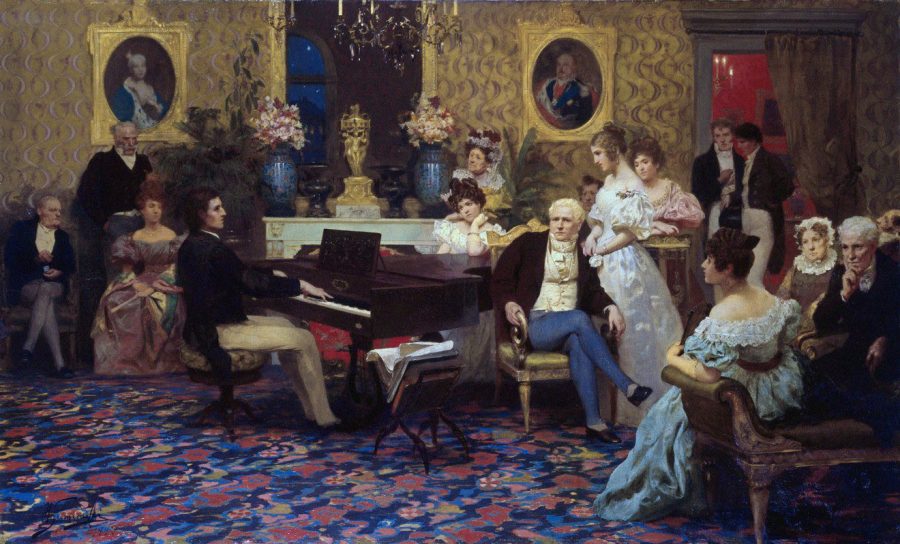
The Romantic period was a time of great emotion and expression in music. Composers such as Franz Schubert and Frederic Chopin wrote concertos that were deeply emotional and personal. This period also saw the rise of the virtuoso pianist and the concerto form.
20th Century
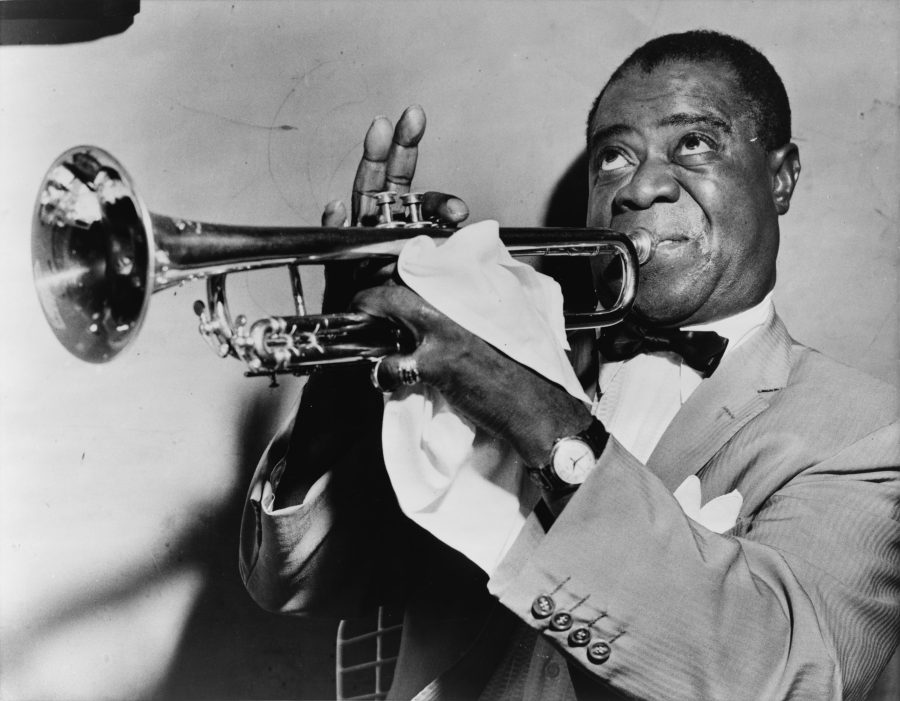
One of the biggest changes during the evolution of music happened in the 20th century. As the 20th century began, music continued to evolve and change. The rise of jazz and the blues in America, as well as the emergence of rock and roll, marked a significant shift in the way music was perceived and consumed. These new forms were heavily influenced by African American culture and were often seen as rebellion against the traditional forms of music.
Recent Years
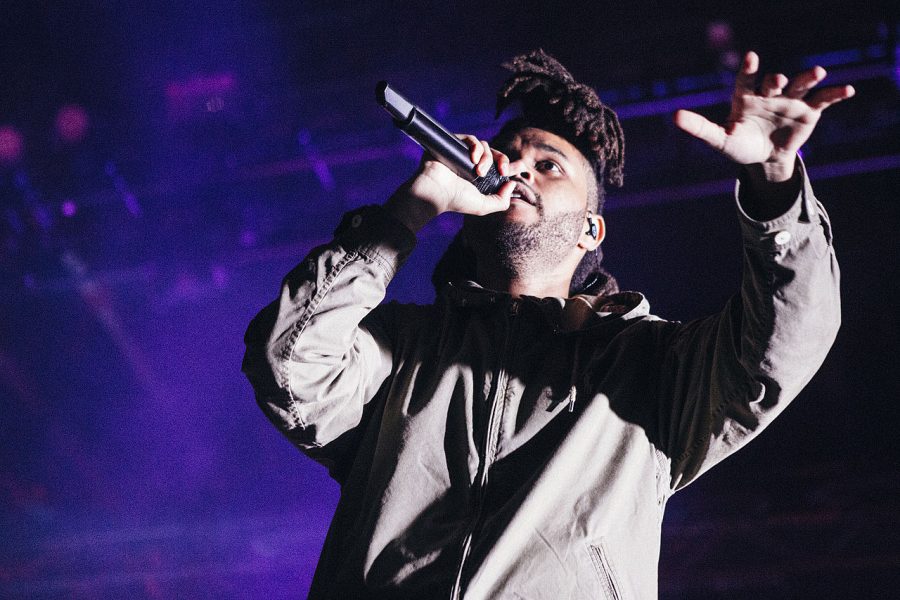
(Source: Kayla Johnson)
In recent years, technology has played a major role in the evolution of music. With the advent of the internet and digital music, it has become easier for musicians to share their work with a wider audience. Social media platforms have also allowed musicians to connect with fans and promote their music in ways that were once impossible.
Conclusion
In conclusion, music has undergone a significant evolution throughout history. From ancient times to modern day, it has been shaped by cultural, societal, and technological changes. Today, it continues to evolve and change, reflecting the diverse and ever-changing world we live in.
Enjoyed reading this blog post? Check out our blog for more.
